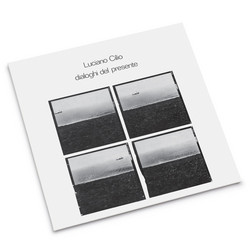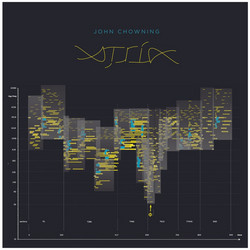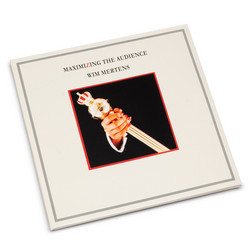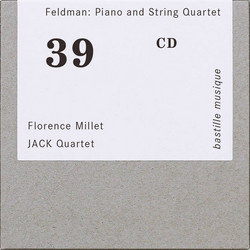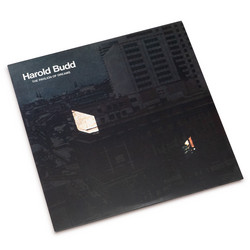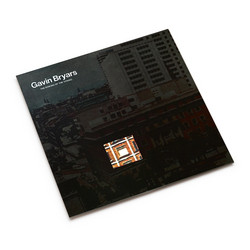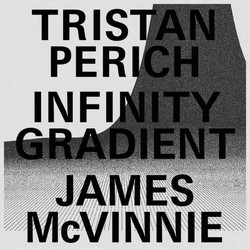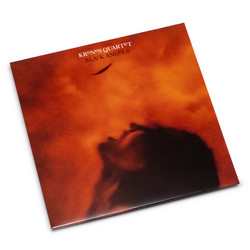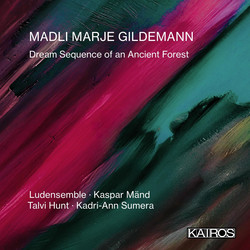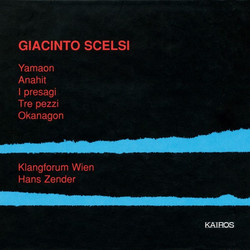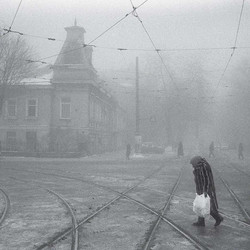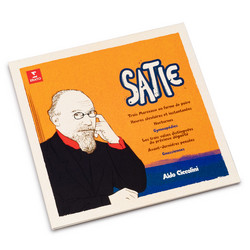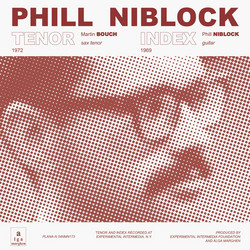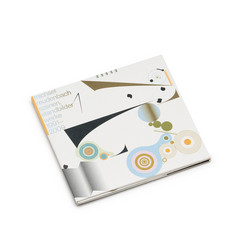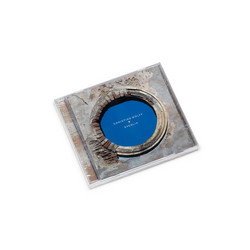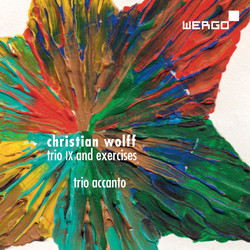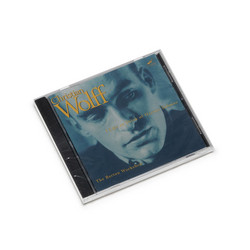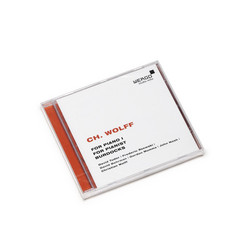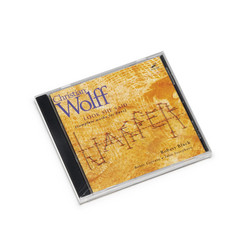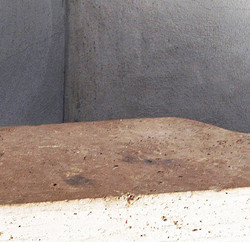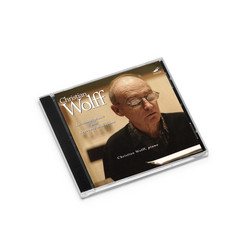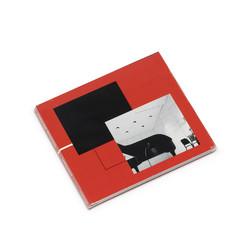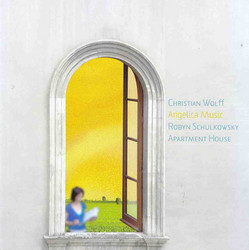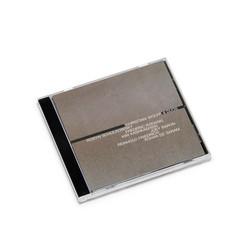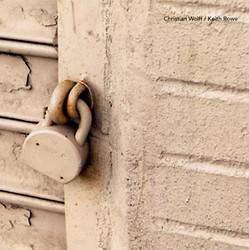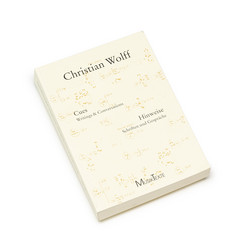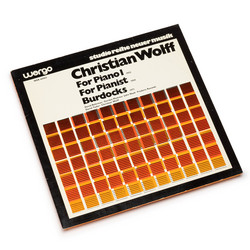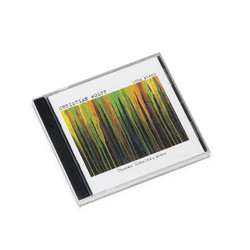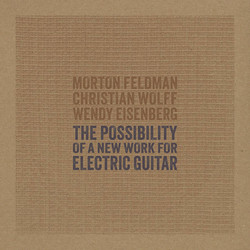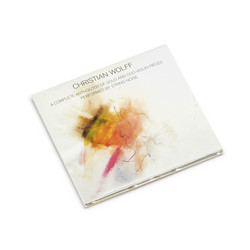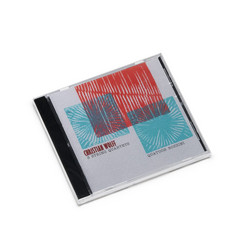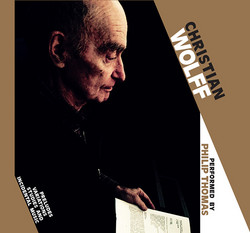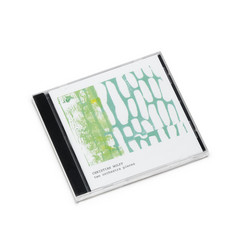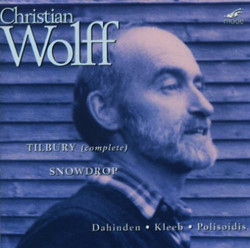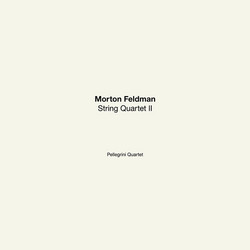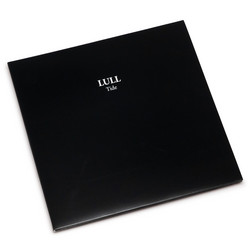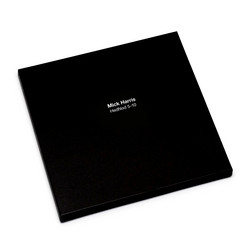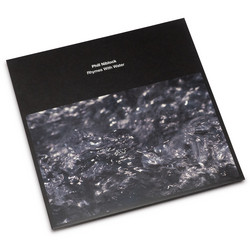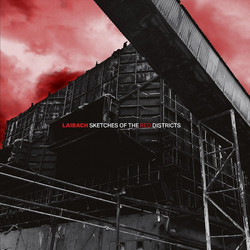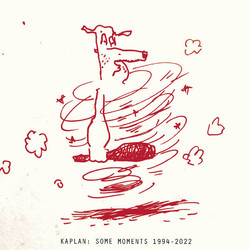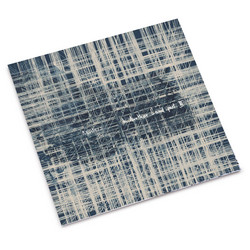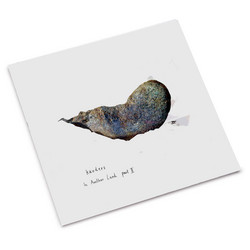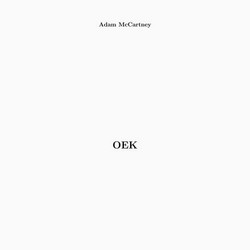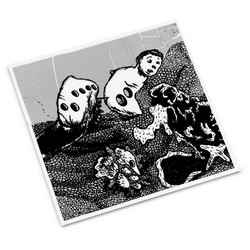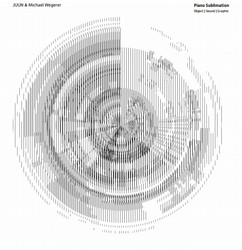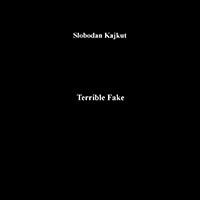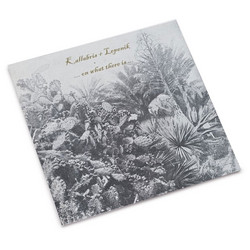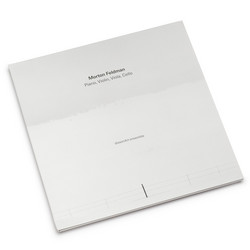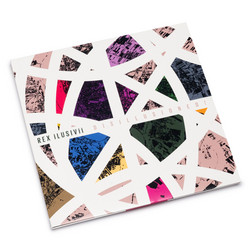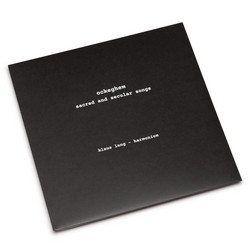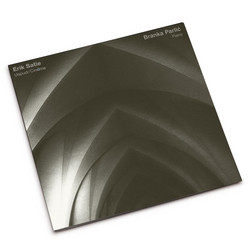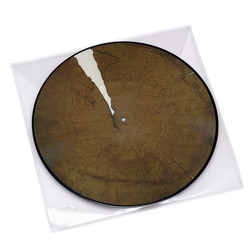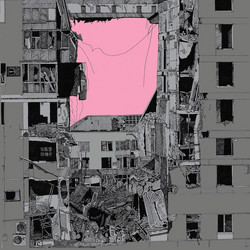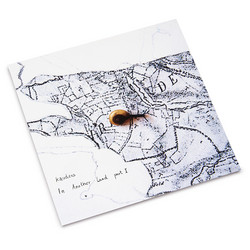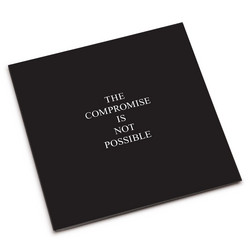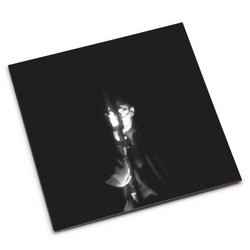Christian Wolff on Berlin Exercises: "'Exercise' indicates relatively shorter pieces in which the process of work, of practicing and of trying things out within specified limits, in short a kind of discipline in process, are being attempted. I regard them as both exercises in composing and for performers, especially as the performers function as members of an ensemble."
Your first encounter with the music of Christian Wolff leaves you with the impression you’ve just heard (or played, or read) something totally strange, unlike anything else you know. And yet, upon reflection, you realize it is at the same time something completely ordinary and normal, as familiar in its way as any number of repetitive actions characteristic of everyday life—getting up in the morning, going to school, work, church, washing the dishes, performing the daily tasks of home and family.
Weird little tunes, sounding as if they had been beamed at some remote point in the universe and then bounced back again as a kind of intergalactic mutant music; recognizable melodic and rhythmic patterns, somehow sewn together in monstrous pairings, sometimes reminiscent of the demons of Hieronymous Bosch, composites of animals, fish, flowers, and common household objects: There is order, but also constant interruption, intrusions of disorderly reality upon regularity and lawfulness, combining to create an effect of both familiarity and strangeness: Shklovsky’s ostranenie.
You could say this music is surrealist—not reproducing familiar forms, but revealing, behind these, life’s unpredictability. You could say it is political; improvisatory; concerned with collaborative, non-hierarchical forms of social organization; but you can’t really say what it is like (although John Cage came close when he said, after a performance of the Exercises in New York, that it was like the classical music of an unknown civilization).
It does not fit neatly into any categories; it does not belong to any school, neither of New York nor of Kabul. It preaches no doctrine and occupies no territory, although it does continue in some way the European written tradition. While the composer has spent most of his life in school, and is unquestionably a member of the American academic elite, his work can hardly be called academic. (Curiously, this elite has paid almost no attention to his work as a composer.) It is hookey-playing music, between schools. It even refuses to sit on the maverick’s stool in the corner, as a warning to others.
Christian Wolff (born 1934, Nice, France) is a composer, teacher, and sometime performer. Since 1941 he has lived in the United States. He studied piano with Grete Sultan and composition briefly with John Cage, in whose company, along with Morton Feldman, then David Tudor and Earle Brown, his work found inspiration and encouragement, as it did subsequently from association with Frederic Rzewski and Cornelius Cardew. He has also had a long association with Merce Cunningham and his dance company. As an improviser he has played with the English group AMM, Christian Marclay, Takehisa Kosugi, Keith Rowe, Steve Lacy, Larry Polansky, and Kui Dong. Academically trained as a classicist, he has taught at Harvard, then, from 1971 to 1999, in music, comparative literature, and classics, at Dartmouth College.
